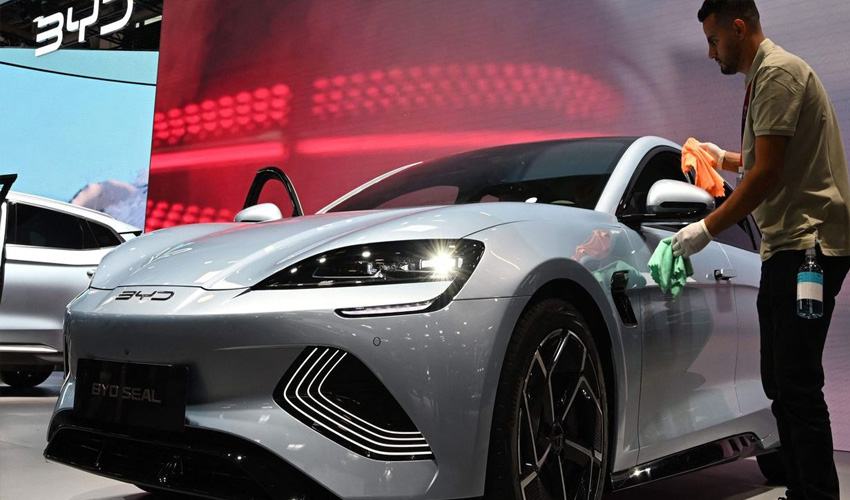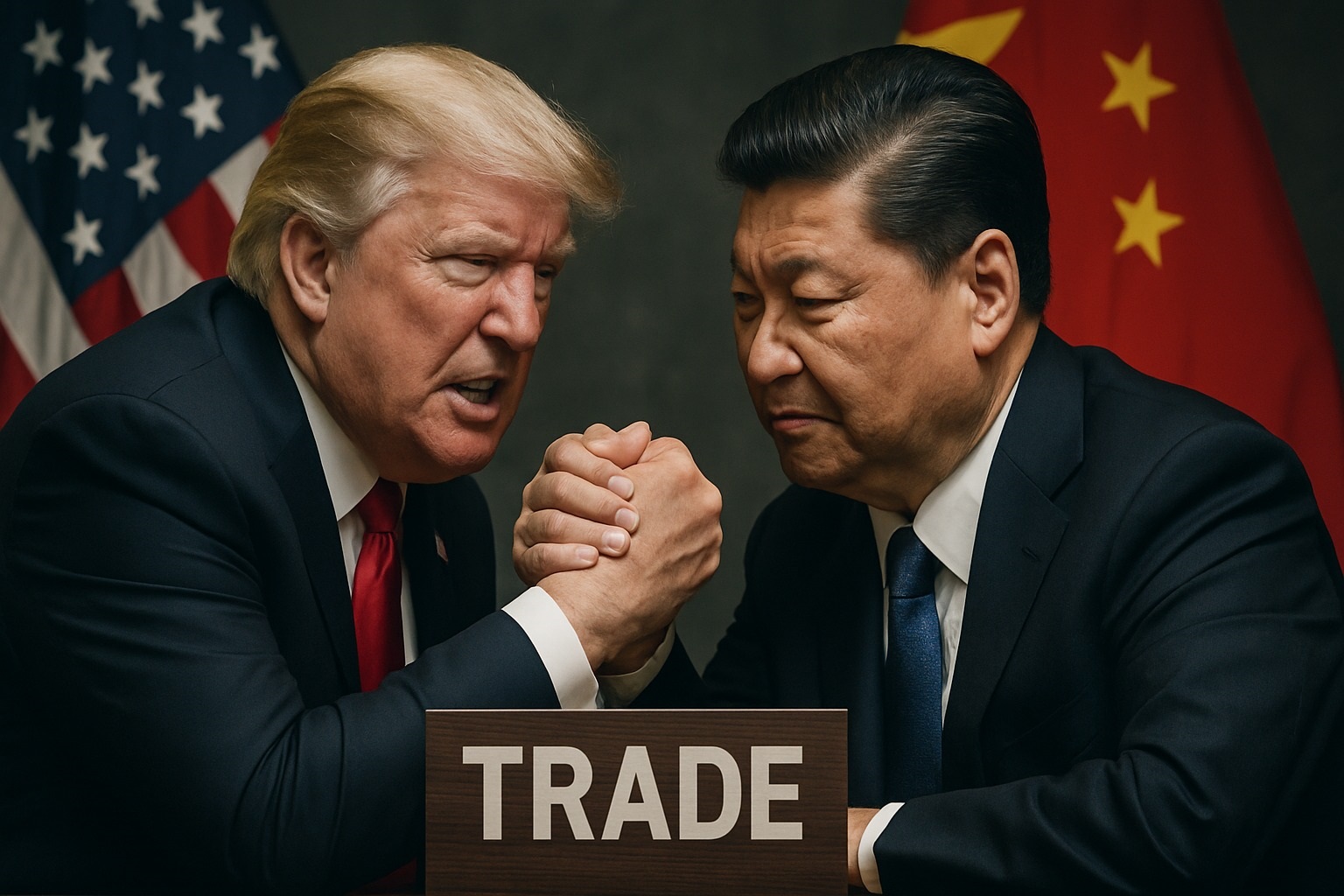In a groundbreaking development, Chinese electric vehicle (EV) giant BYD has outpaced Tesla to claim the title of the world's largest electric car company for the final quarter of 2023.
The company, backed by renowned investor Warren Buffett, reported record-breaking sales, including an impressive 525,409 battery electric vehicles (BEVs) during the three months ending on December 31.
While Tesla still holds the lead for total electric car sales in 2023, with 1.8 million units sold, BYD's rapid growth is a clear symbol of China's ascendance in the global EV industry.
In comparison, BYD sold 1.57 million electric vehicles in 2023, marking a remarkable 73% increase from the previous year, in addition to selling 1.44 million hybrid vehicles.
China's robust support for the electric vehicle sector has played a pivotal role in the country's surge in EV production and sales.
With a government-set target of having at least 20% of new cars sold annually in China by 2025 classified as new energy vehicles (NEVs), the nation has exceeded expectations by achieving this goal in 2022, three years ahead of schedule.
Industry analysts point to China's massive domestic market, cheap labor, and supply chain dominance as key factors driving the country's leadership in the global EV market.
Furthermore, Chinese automakers, including BYD, are making significant inroads into international markets, causing concern among traditional rivals like Volkswagen and Renault. In response, European Union policymakers have initiated an investigation into Chinese state subsidies.
As China continues its rapid transition to electric vehicles, the government has set an ambitious target for NEVs, which encompass BEVs, plug-in hybrids, and hydrogen fuel cell vehicles, to constitute the "mainstream" of new car sales by 2035.
Recent data from the China Association of Auto Manufacturers reveals that, in the first 11 months of 2023, new energy vehicles accounted for over 30% of total car sales, with 8.3 million units sold.
Miao Wei, former minister of China's Ministry of Industry and Information Technology, has expressed confidence that China may achieve its NEV penetration target of 50% by 2035 as early as 2025 or 2026. This outlook reinforces China's pivotal role in the global electric vehicle industry, as it leverages its market scale and early-mover advantage to establish dominance in production and innovation.
Analysts from Natixis Asia, a French investment bank, emphasized China's leading position, stating, "China is now leading in production and increasing its comparative edges."


























